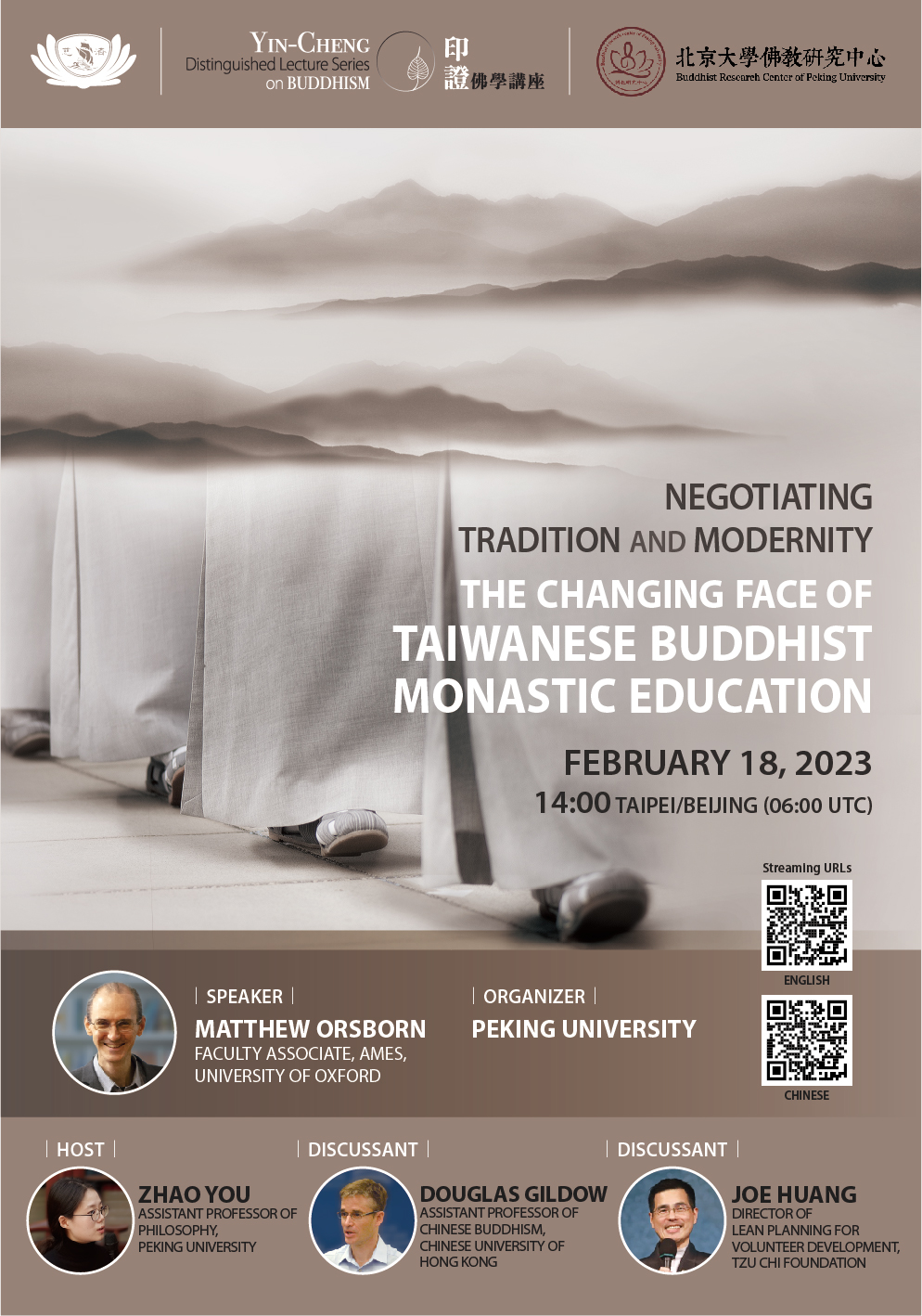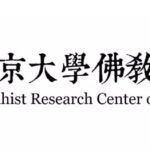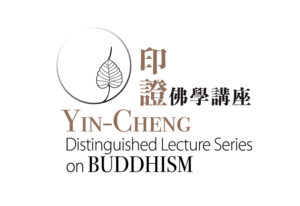Time: February 17, 10:00 pm (Vancouver) | February 18, 6:00 am (London) | 2:00 pm (Beijing/Taipei)
Prof. Matthew Orsborn’s lecture in English
Prof. Matthew Orsborn’s lecture in Chinese
Abstract: Although increasing lay involvement is considered a common feature of Buddhist modernism, a revolution was also taking place in twentieth century Chinese monastic education. Reforms to tradition proposed by the likes of Taixu were touted as being a future standard requirement for Saṅghins. While developments in mainland China were disrupted for a generation, that in Taiwan continued uninterrupted growth in fertile soil. Several educational models were established by monastic orders in the latter half of the twentieth century, both during and after the period of BAROC leadership. These typically operated with two levels, in conformity with modern undergrad and graduate studies, yet remained unaccredited by secular authorities, despite most such institutions being open to both ordained Saṅghins and lay students. In the early twenty-first century, changes to secular tertiary educational law allowed accreditation for tertiary Buddhist studies departments. Several larger Buddhist organizations seized open this opportunity, but also retained their unaccredited institutions, leading to a duplication of monastic education systems. Throughout all these developments, the far older system of ‘triple platform ordination’ continued, relatively unchanged. While Vinaya reformers refined elements of the ordination system, it still serves as a deeper layer of renunciant monastic education distinct from modern educational institutions and lay participation. Between the multiple layers of ordination, unaccredited and accredited institutions, Taiwanese monastic traditions formulated multiple responses and continue to negotiate the relationship between traditional and modern educational systems. These negotiations should give pause to our theorizing of Buddhist modernity.
About the Speaker:
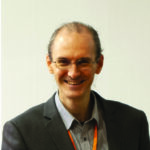 Matthew Orsborn is a Buddhist studies scholar originally from New Zealand. He was an ordained monastic with the Fo Guang Shan Buddhist order from 2000 to 2017, and received his MA and PhD at the University of Hong Kong, graduating in 2012. His dissertation on inverted parallel structures in the Perfection of Wisdom literature was later published as The Structure and Interpretation of Early Prajñāpāramitā: An Analysis via Chiasmic Theory, and he has several other journal articles on chiasmus in Buddhist texts. Working with Pāli, Sanskrit and Chinese literature, Matthew’s other main work is Old School Emptiness: Hermeneutics, Criticism and Tradition in the Narrative of Śūnyatā, which challenges the standard narrative of emptiness in Indian Buddhism. Along with such writings on Indian Buddhist literature and philosophy, Matthew’s experience in contemporary Chinese/Taiwanese Buddhist traditions has inspired him to recently turn his research attention to Chinese Buddhist monastic ordination, education, and the lived experience of monastic life. He has taught Buddhist studies in Hong Kong, Taiwan, China, Australia, Thailand and UK, where he is presently a Faculty Associate at the Faculty of Asian and Middle Eastern Studies at the University of Oxford.
Matthew Orsborn is a Buddhist studies scholar originally from New Zealand. He was an ordained monastic with the Fo Guang Shan Buddhist order from 2000 to 2017, and received his MA and PhD at the University of Hong Kong, graduating in 2012. His dissertation on inverted parallel structures in the Perfection of Wisdom literature was later published as The Structure and Interpretation of Early Prajñāpāramitā: An Analysis via Chiasmic Theory, and he has several other journal articles on chiasmus in Buddhist texts. Working with Pāli, Sanskrit and Chinese literature, Matthew’s other main work is Old School Emptiness: Hermeneutics, Criticism and Tradition in the Narrative of Śūnyatā, which challenges the standard narrative of emptiness in Indian Buddhism. Along with such writings on Indian Buddhist literature and philosophy, Matthew’s experience in contemporary Chinese/Taiwanese Buddhist traditions has inspired him to recently turn his research attention to Chinese Buddhist monastic ordination, education, and the lived experience of monastic life. He has taught Buddhist studies in Hong Kong, Taiwan, China, Australia, Thailand and UK, where he is presently a Faculty Associate at the Faculty of Asian and Middle Eastern Studies at the University of Oxford.
Discussants:
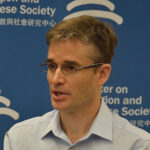 Douglas M. Gildow (PhD, Princeton University, 2016) is assistant professor of Chinese Buddhism at the Chinese University of Hong Kong (CUHK). Previously, he held the Sheng Yen postdoctoral fellowship (2016—2018) in the Department of Religion, Florida State University. Gildow’s research interests center on intellectual and institutional change in modern Chinese Buddhism. He has published on topics such as relic worship, mummification practices, Chan historiography, ritual performance, monasticism, and intellectual history. His articles on these topics have been published in journals including Asia Major, Journal of Chinese Religions, Journal of Chinese Buddhist Studies, Foxue Yanjiu 佛學研究, and Review of Religion and Chinese Society. He has also translated two books on Buddhism from Chinese into English.
Douglas M. Gildow (PhD, Princeton University, 2016) is assistant professor of Chinese Buddhism at the Chinese University of Hong Kong (CUHK). Previously, he held the Sheng Yen postdoctoral fellowship (2016—2018) in the Department of Religion, Florida State University. Gildow’s research interests center on intellectual and institutional change in modern Chinese Buddhism. He has published on topics such as relic worship, mummification practices, Chan historiography, ritual performance, monasticism, and intellectual history. His articles on these topics have been published in journals including Asia Major, Journal of Chinese Religions, Journal of Chinese Buddhist Studies, Foxue Yanjiu 佛學研究, and Review of Religion and Chinese Society. He has also translated two books on Buddhism from Chinese into English.
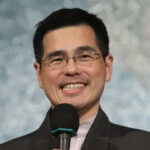 Joe Sihao Huang is currently Director of Lean Planning for Volunteer Development at Tzu Chi Foundation and a pure practitioner at the Jing Si Abode. He graduated from Cornell University, majoring in Computer Science and Economics. Since 2010, he has been working for Buddhist Compassion Relief Tzu Chi Foundation: He coordinated emergency response, long-term rebuilding and reconstruction efforts after Sichuan earthquake, Fujian flooding, Nepal and Haiti earthquake etc., in cooperation with various UN branches; He also led and coordinated global volunteer development and education programs for Tzu Chi branches worldwide.
Joe Sihao Huang is currently Director of Lean Planning for Volunteer Development at Tzu Chi Foundation and a pure practitioner at the Jing Si Abode. He graduated from Cornell University, majoring in Computer Science and Economics. Since 2010, he has been working for Buddhist Compassion Relief Tzu Chi Foundation: He coordinated emergency response, long-term rebuilding and reconstruction efforts after Sichuan earthquake, Fujian flooding, Nepal and Haiti earthquake etc., in cooperation with various UN branches; He also led and coordinated global volunteer development and education programs for Tzu Chi branches worldwide.
About the Yin-Cheng Distinguished Lecture Series: Launched in September 2021, the Yin-Cheng Distinguished Lecture Series (印證佛學傑出學術系列講座) is a collaborative, multi-university partnership between Peking University, University of Oxford, University of Cambridge, Inalco (Institut national des langues et civilisations orientales), Princeton University, Harvard University, and the University of British Columbia. The Lecture Series is established in honour of Venerable Cheng-yen 證嚴, founder of Tzu Chi, and her mentor Yinshun 印順 (1906–2005), with the goal of promoting topics in Buddhist Studies.
Click here to download the poster
